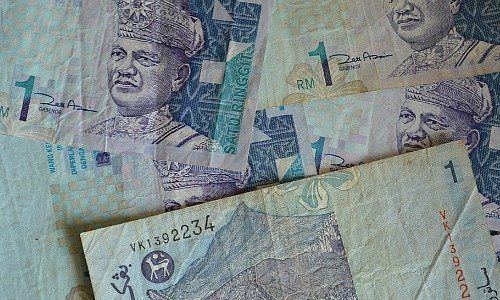Super-rich Hid More Money Than You Thought
Wealthy people are dodging even more tax than previously thought, according to new research.
Economist Gabriel Zucman and his co-authors Annette Alstadsaeter and Niels Johannesen, from the University of Copenhagen and the Norwegian University of Life Sciences, matched in their study the identities in both caches to tax records in Norway, Sweden and Denmark. Their goal was «to correct global inequality statistics, so as to better capture the very rich.»
Their basic finding was that about 3 percent of personal taxes are evaded overall in Scandinavia, but the figure rises to 30 percent among the top 0.01 percent of income earners. They don’t have similar figures for American taxpayers, but Zucman contends that the pattern in the U.S. probably resembles their sample.
Phenomenon That Random Audits Fail to Capture
«We find that tax evasion rises sharply with wealth, a phenomenon that random audits fail to capture. On average about 3 percent of personal taxes are evaded in Scandinavia, but this figure rises to about 30 percent in the top 0.01 percent of the wealth distribution, a group that includes households with more than $40 million in net wealth,» the study said.
The study is based on massive leaks in recent years such as «the 2007 leak of data on more than 30,000 clients of banking conglomerate HSBC’s Swiss private banking subsidiary, and the 2016 ‘Panama Papers’ leak of names and addresses of owners of shell companies created by Panamanian firm Mossack Fonseca,» according to the British newspaper «Times». The leaks allowed them to conduct the study and make a judgment about some of the — otherwise unknown — impacts of tax evasion.
Once You Cross a Certain Threshold...
«There’s a big industry providing wealth management services for the super-wealthy all over the world,» Zucman added. «Once you cross a certain threshold of over $50 million, you get offered those services.»
Previous researchers had theorized that tax evasion was likely much more common at the top of the wealth spectrum. Not only can the superwealthy afford expensive offshore services that help them hide their earnings, they are also less likely to have to disclose to the government in the first place.
In Contrast
Top earners are more likely to be self-employed, and thus have the burden of reporting their own income. In contrast, lower-income people typically earn wages, which in the U.S. are reported directly to the government by an employer in the form of W-2s. Among wage earners, rates of tax evasion are almost zero, Zucman says.




















